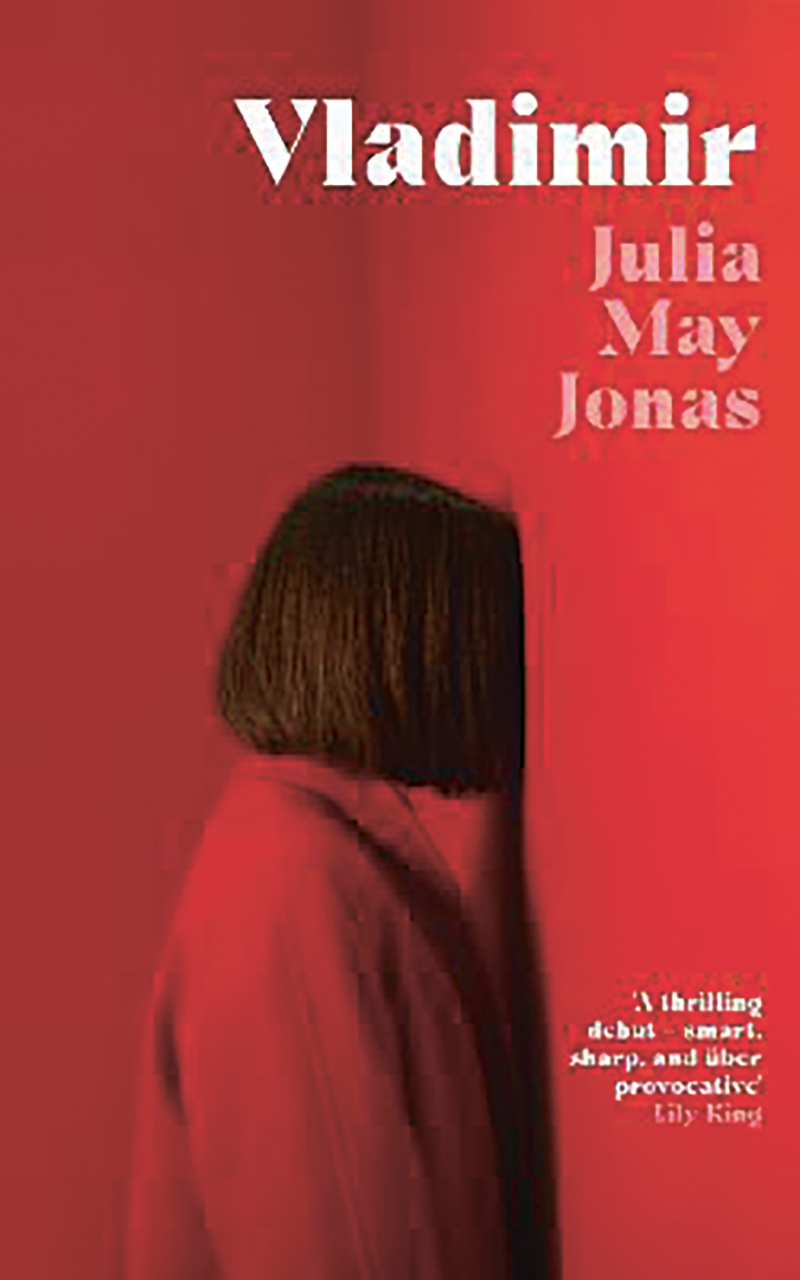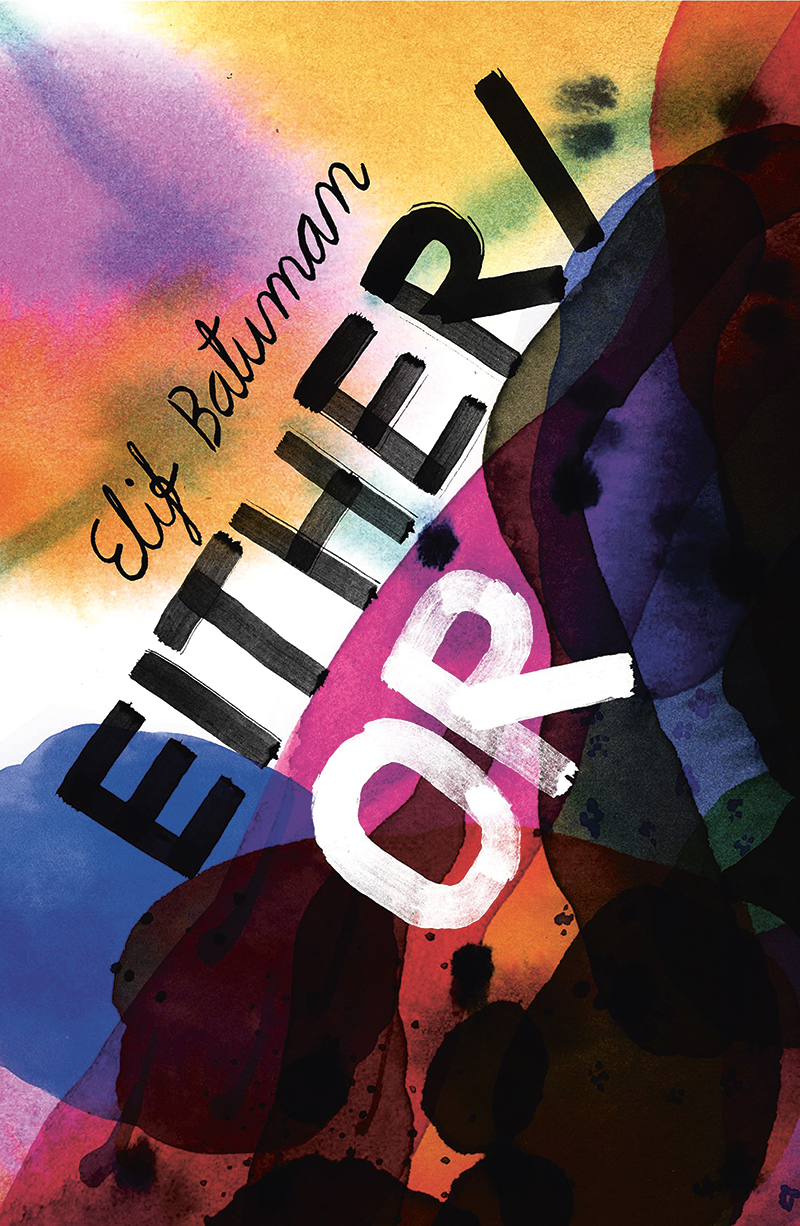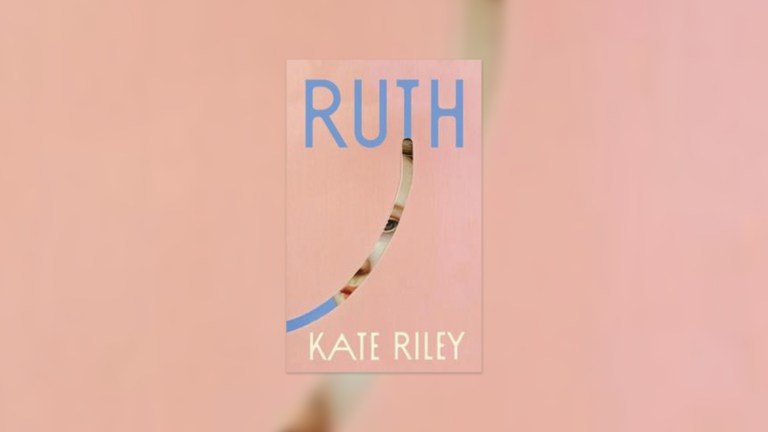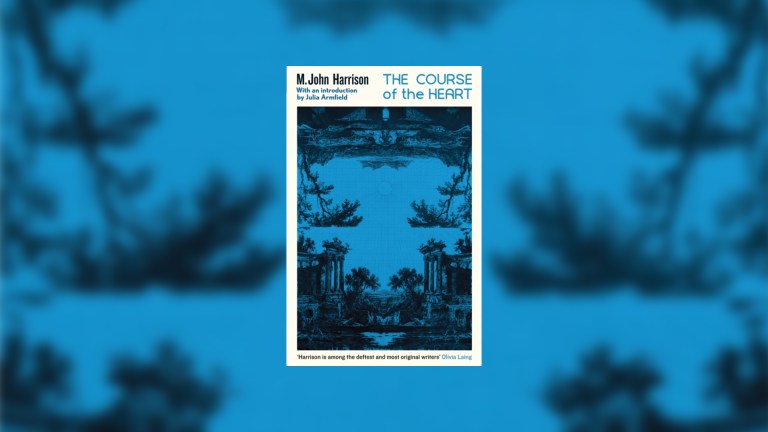
As is often the case with the new school of provocative contemporary literature, the protagonist of Julia May Jonas’ novel Vladimir is never given a name. We know she is a woman, we know she is middle-aged, and we know she is married to a man who is in a lot of trouble. It seems her husband, John, had some dodgy relationships with his students going back a couple years. Our protagonist knows this, she doesn’t really care. Fast forward to the #MeToo era and stories of John’s extramarital endeavours are unearthed at the liberal arts college the couple both work at. The uber-liberal students are outraged and question how our protagonist could possibly stand by her evil husband. But her mind is elsewhere. All she thinks about is Vladimir, the hot, young novelist who recently joined the English department, and what she has to do to get his pants off.
Vladimir is essentially two novels in one. There is the novel about John, his affairs, and their consequences, and there is the novel about our protagonist’s obsession and pursuit of Vladimir. I cannot help but wish that Jonas would have just chosen one. While both storylines are well executed and, as a whole, the novel is enjoyable and often hilarious, there is just a sad lack of the skill that would have made Vladimir work successfully. This is best summed up by the novel’s grand finale – it honestly feels like the author had somewhere more important to be, so hashed out a fairly nonsensical ending, stapled it on to the manuscript and ran out of the door.
Vladimir is one of those novels that I’d recommend to people with the proviso that it doesn’t always work but it’s still pretty good. Jonas deserves credit for overcoming her own weaknesses by being constantly funny and refreshingly provocative. As a debut, Vladimir leaves me suitably curious as to what Jonas will produce next.

Despite being one of the finest novels of the 2010s, a Pulitzer Prize finalist and shortlisted for the Woman’s Fiction Prize, Elif Batuman’s The Idiot was as divisive as it was lauded. It was a largely plotless romp which followed Selin as she pursued a hopeless relationship whilst studying linguistics at Harvard. Either/Or is a direct sequel to The Idiot. Those who enjoyed the meditative style of Batuman’s prose in The Idiot – how she would often go on pages-long tangents about literature, art or television – are in luck, Either/Or is essentially a whole novel of just that. If you hated those parts, well, this will be your personal hell.
It’s Selin’s second year at Harvard and much of it is spent trying to grapple with the events of The Idiot. In order to make sense of things, Selin dives into her books. She looks to Kierkegaard, to André Breton, to Samantha from Sex and the City, perhaps the answers lie there. But, as she’s had to learn before, there are some things in life that simply cannot be found in Proust.
In most cases, accusing an author of writing the same novel twice would be considered a critique; in the case of Either/Or it is music to this reader’s ears. Batuman has taken what made The Idiot so brilliant, distilled it, and created an equally brilliant new work. Either/Or is unbridled joy.









